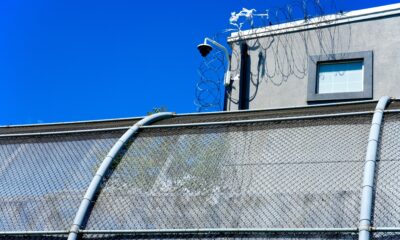European Farmer Protests Expand To At Least 10 Countries

Farmers across the European Union are staging demonstrations in opposition to new environmental standards they say will ruin their ability to make a living and threaten the availability of crops across the continent and beyond.
This week, farmers in the Czech Republic joined in on the ongoing protests by driving tractors to borders with several countries in an effort to raise awareness of their concerns.
Due to the strict limits being imposed on emissions and the type of chemicals they can use, farmers say that they will be undersold by foreign sources including Latin American nations and Ukraine.
In addition to protesting farmers, industry representatives from Poland and Hungry as well as agriculture officials from Slovakia and the Czech Republic were on hand for a rally along the Czech-Slovak border.
As Slovak Chamber of Agriculture and Food Andrej Gajdos said of the demonstration: “We don’t protest against the EU, we protest against the wrong decisions by the European Commission.”
Similar protests have erupted across the EU in recent months, including about three weeks ago when farmers blocked the Dutch-Belgian border and took to public roads in Greece with their farm vehicles.
Dutch pig farmer Johan Van Enckevort said at the time that national and EU leaders should not ignore the complaints being voiced by so many across the continent.
“We have very nice products here in the EU and we want to continue to make those products,” he said. “But it has to be done in a fair way, in a decent way and not with so many rules. It just can’t go on like this.”
With various demonstrations at strategic European locations, the protesting farmers have been able to attract significant international attention for their cause.
More importantly for the struggling farmers, their demonstrations have put enough pressure on EU bureaucrats to secure a number of important concessions, including a decision to ditch one particularly unpopular anti-pesticides proposal.
“Farmers need a worthwhile business case for nature-enhancing measures,” European Commission President Ursula von der Leyen acknowledged earlier this month. “Perhaps we have not made that case convincingly.”
She went on to describe the proposal as “a symbol of polarization,” adding that “more dialogue and a different approach is needed” in order to move forward.
























